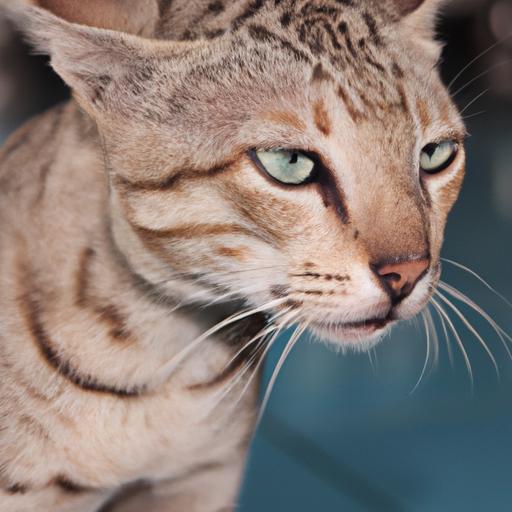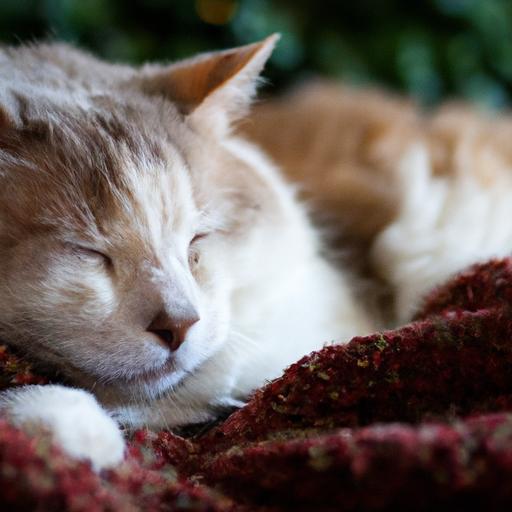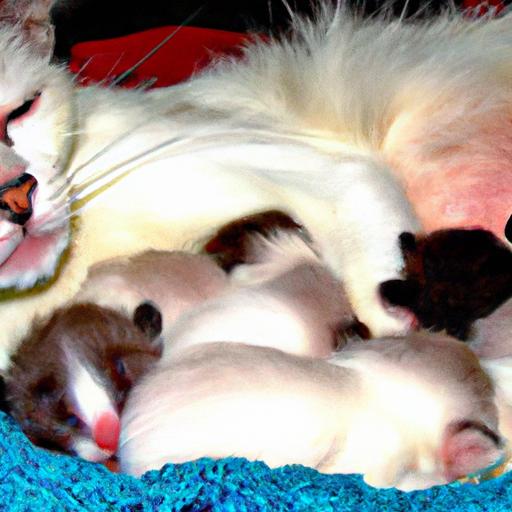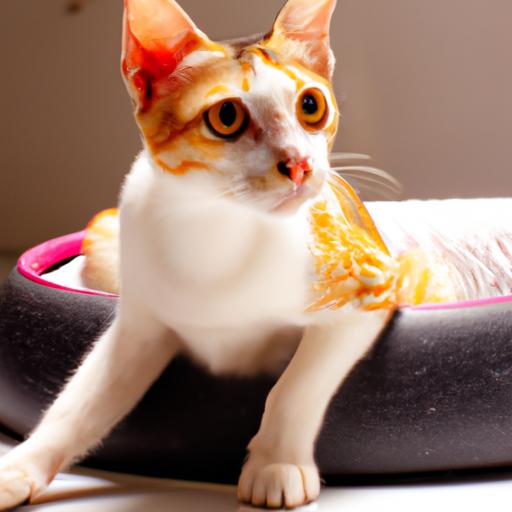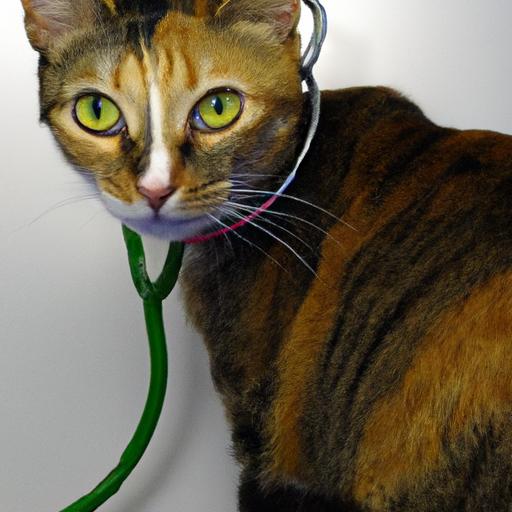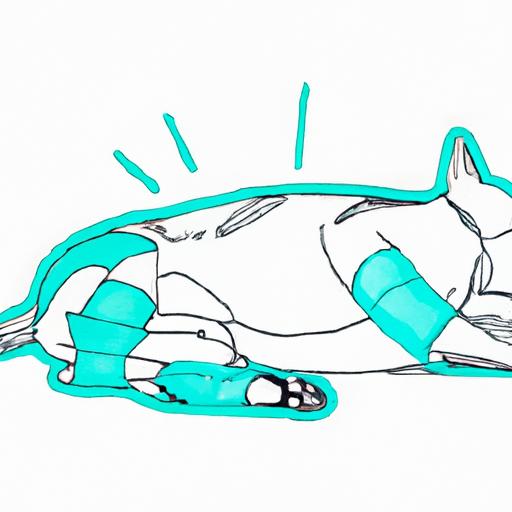
Feline Behavioral Genetics: Exploring Influences
Uncover the influences on feline behavior with our article on Feline Behavioral Genetics: Exploring Influences. Gain insights into your cat’s behavior today!
Introduction
When it comes to our feline companions, understanding their behavior is crucial for creating a harmonious living environment. While environmental factors play a significant role, it is equally important to recognize the influence of genetics on feline behavior. In this article, we delve into the fascinating realm of feline behavioral genetics, exploring the various influences that shape our cats’ personalities.

Understanding Feline Behavioral Genetics
Feline behavioral genetics refers to the study of how genes influence cat behavior. Just like humans, cats inherit certain traits from their parents, including behavioral tendencies. These genetic factors can significantly impact their temperament, social interactions, and response to stimul
The genetic influences on feline behavior are multifaceted. Some behaviors, such as hunting instincts, are deeply rooted in a cat’s genetic makeup. Other behavioral traits, such as aggression or fearfulness, may be influenced by a combination of genetic and environmental factors.
Nature vs. Nurture: The Role of Genetics and Environment
The age-old debate of nature versus nurture also applies to feline behavior. While genetics provide a blueprint for behavior, environmental factors can shape and modify these innate tendencies. For example, a cat with a genetic predisposition for aggression may exhibit more aggressive behavior if raised in a hostile environment.
Understanding the complex interaction between genetics and the environment is essential for cat owners and behaviorists. By recognizing the genetic influences and providing a suitable environment, we can help cats thrive and prevent or address behavioral issues.
FAQ About Feline Behavioral Genetics
Q: What is the heritability of feline behavior?
A: The heritability of feline behavior varies depending on the specific behavior. Some behaviors, like litter box usage or grooming habits, have a high heritability, meaning they are strongly influenced by genetics. On the other hand, behaviors influenced by environmental factors, such as socialization or fearfulness, may have a lower heritability.
Q: Can feline behavior be modified through training?
A: Yes, feline behavior can be modified through training. While genetics play a role in shaping behavior, a cat’s behavior is not solely determined by genes. Positive reinforcement training techniques can be used to encourage desired behaviors and discourage unwanted ones, promoting a more harmonious relationship between cats and their owners.
Q: Are certain breeds more predisposed to specific behaviors?
A: Yes, certain cat breeds may have a higher predisposition to specific behaviors. Breeds like the Siamese are known for their vocal nature, while Maine Coons are often described as friendly and sociable. However, it is important to note that individual variation within a breed can still be significant, and not all cats of a particular breed will exhibit the same behaviors.
Q: How can understanding feline behavioral genetics benefit cat owners?
A: Understanding feline behavioral genetics can benefit cat owners in several ways. By recognizing the genetic influences on behavior, owners can have realistic expectations and better tailor their care to their cat’s needs. It can also help identify potential behavioral issues early on, enabling proactive measures to prevent or manage them effectively.
Conclusion
In conclusion, exploring feline behavioral genetics provides valuable insights into the influences that shape our cats’ behaviors. Genetic factors, in combination with environmental factors, play a significant role in determining a cat’s temperament and behavior. By understanding these influences, cat owners and behaviorists can create nurturing environments and implement appropriate training methods to ensure the well-being of our feline companions.
Remember, every cat is unique, and while genetics provide a foundation, environmental factors and individual experiences also contribute to their behavior. By embracing this knowledge, we can forge stronger bonds with our beloved feline friends and provide them with the love and care they deserve.
So, let’s embark on this journey of unraveling feline behavioral genetics, and unlock a deeper understanding of our furry companions!

